Infection and Immunity nieuws
Oct 25: Peter Hermans appointed Professor in Infection and Immunology Trials

Peter Hermans has been appointed Professor in Infection and Immunology Trials at Utrecht University/UMC Utrecht. This new chair involves the Utrecht Trial Innovation Alliance Initiative (U-TRIAL) activities for the strategic program Infection & Immunity (I&I). It aims to further strengthen the collaboration between UMC Utrecht and external partners with a prime focus on clinical studies in infections and immune diseases.
Read moreOct 14: The CD200R receptor acts as a break ánd as a throttle in autoimmune disease
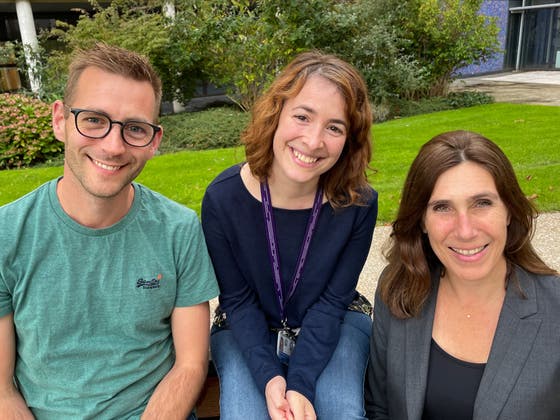
Translational research by UMC Utrecht has shown that the signaling pathway of the immune inhibitory receptor CD200R can be reversed by a specific type of inflammation that is mediated by interferon-α (IFN-α). As a consequence, CD200R can no longer inhibit an important immune activating signal and sometimes even amplifies that signal. In an experiment using cells from patients with the autoimmune disease systemic lupus erythematosus (SLE), which is typified by the increased presence of IFN-α, the immune response of approximately 50 percent of patients was enhanced by CD200R. In summary, CD200R can act as a break ánd as a throttle for the immune system, depending on the presence of IFN-α.
Read moreOct 12: Use of antibiotics in treatment of urinary tract infection in women
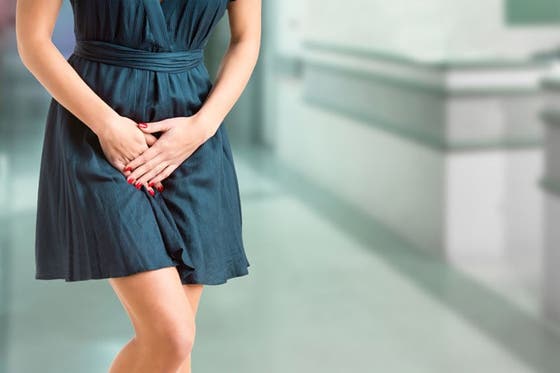
Prophylaxis against recurrent urinary tract infection in general practice in women with nitrofurantoin 50 mg/day is as effective as 100 mg/day, but comes with fewer side effects. In addition, fosfomycin is as efficacious as ciprofloxacin as oral targeted treatment in women hospitalized with febrile UTI. These were the main findings from research by Thijs ten Doesschate who received his PhD on October 7, 2021 from Utrecht University.
Read moreOct 5: Improved patient profiling and prediction of response to immune-modulating treatment in atopic dermatitis

Clinical and translational research by Daphne Bakker and colleagues at UMC Utrecht has provided new leads for improved patient profiling and a better prediction of response to treatment with dupilumab, a biologic immune-modulating drug for the treatment of moderate-to-severe atopic dermatitis. On September 28, 2021 Daphne Bakker received her PhD cum laude at Utrecht University.
Read moreSep 28: Rotavirus vaccination of children with medical risk factors does not offer sufficient protection
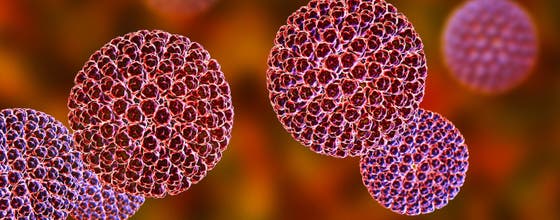
Vaccination of children with medical risk factors against acute gastroenteritis due to rotavirus infection does not appear to offer sufficient protection. It is expected that a nation-wide vaccination strategy – resulting in herd immunity – would be needed to offer the necessary protection for infants with medical risk conditions. This was concluded by Fien van Dongen at UMC Utrecht in her PhD thesis on basis of the results of the Risk-group Infant Vaccination Against Rotavirus (RIVAR) study.
Read moreSep 24: Safe standards for food allergens recommended

An expert committee of the WHO and the World Food Organization FAO, at the request of a UN special committee, recommended standards for warning of the possible unintended presence of allergens in food. These standards can help prevent potentially life-threatening situations for food-allergic consumers and significantly improve the quality of life of people with a food allergy and their environment. Research by, among others, TNO, UMC Utrecht and Utrecht University into the sensitivities of people with a food allergy formed the basis for this scientific advice.
Read moreSep 23: In CVID the immune system is chronically activated in combination with microbial dysbiosis
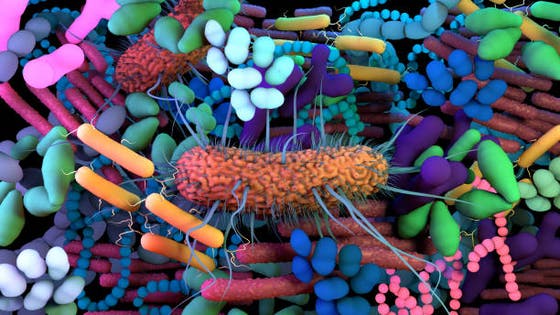
PhD research by Roos-Marijn Berbers at UMC Utrecht shows that immune dysregulation in patients with CVID comprises profound chronic activation of the immune system and dysbiosis of the respiratory and gut microbiota. Moreover, microbial dysbiosis may result in presence of specific pathogens that are associated with autoimmune disease, and which exacerbate the deregulation of the immune system resulting in clinical symptoms.
Read moreAug 9: Novel molecular regulatory mechanism identified that underlies psoriasis pathogenesis
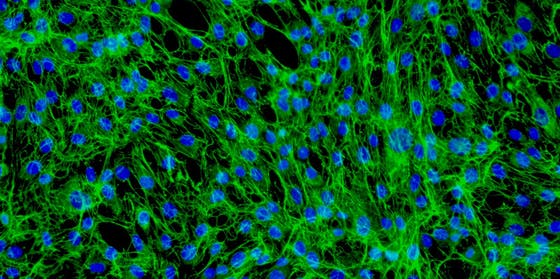
Fibroblasts in the skin of psoriasis patients produce multiple cytokines that are responsible for the chemo-attraction of immune cells into the dermis and the hyperplasia of the epidermis, two of the key characteristics of psoriasis. The process appears to be regulated by ZFP36 family members (these are RNA-binding proteins with mRNA-degrading properties), according to research by UMC Utrecht.
Read moreAug 5: High doses of blood thinners are effective for hospitalized COVID-19 patients, but not for ICU patients
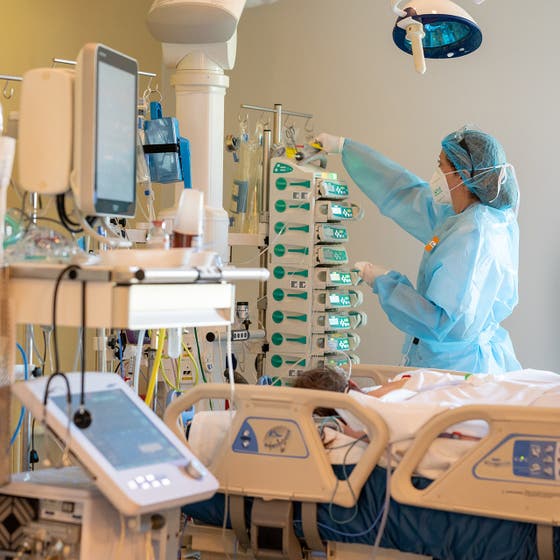
Treatment with higher doses of blood thinners is effective in patients with COVID-19 who are hospitalized on the ward. Treatment can prevent these patients from becoming seriously ill and can improve the patients' recovery. However, treatment with such a dose of blood thinners is not effective for patients in the ICU. This is shown by research from three clinical studies worldwide (REMAP-CAP, ACTIV-4 and ATTACC), the results of which were published on August 4, 2021 in the prestigious New England Journal of Medicine.
Read moreAug 2: Pro-inflammatory metabolite may cause GI symptoms after Campylobacter food poisoning

Investigators at UMC Utrecht and Utrecht University have found that ADP-heptose, a pro-inflammatory metabolite that is secreted by bacterium Campylobacter jejuni, is responsible for gut inflammation after food poisoning, resulting in diarrhea. This finding contributes to the pathogenesis of C. jejuni infections and may provide clues for a preventive therapy of food poisoning.
Read more